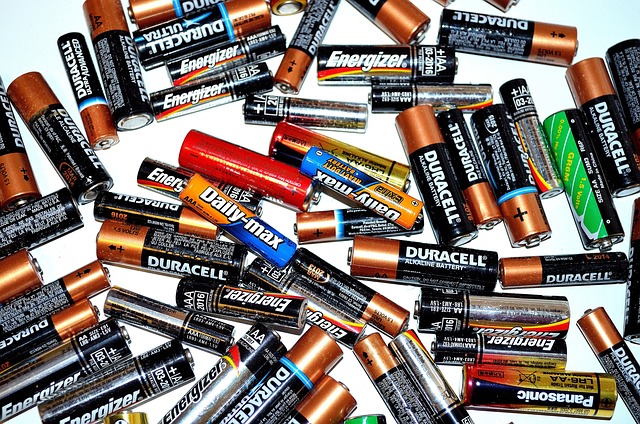
A Further Step Forward Towards European Energy Efficiency and Sustainability
The European Union is constantly looking for effective ways to address environmental challenges and promote sustainability in various sectors. One of the latest initiatives in this regard is the new law, which has just come into force, on energy and resources, with particular attention paid to batteries. The new regulations represent an important step towards a more sustainable future, as it aims to improve the efficiency, safety and eco-sustainability of batteries used in various industrial and consumer sectors.
Batteries play a crucial role in our modern society, powering a wide range of electronic devices, vehicles and energy storage systems. However, the production, use and disposal of batteries can have negative impacts on the environment and human health if not managed properly. The growth of the battery industry has led to the need for stricter regulation to address issues such as raw material extraction, recycling and the management of used batteries.
The new EU battery law has been designed to address several ecological challenges and to promote greater sustainability throughout the lifecycle of charging devices. The law encourages the adoption of circular economy models, which favour recycling, reuse and waste reduction. This should contribute to a lower dependence on natural resources and a reduction of the environmental impact related to extraction. The production of batteries is often associated with a significant carbon emission, and, with the new law, the European Union intends to promote the production of batteries with a lower environmental impact, encouraging the use of renewable energies and more efficient processes in terms of energy view.
The law aims to improve the safety of batteries, preventing risks related to short circuits, overheating and flames, encouraging higher product quality with the consequent reduction of the risk of malfunctions and premature failures. The new law stimulates innovation in the battery sector, encouraging the development, by manufacturing companies, of more advanced and sustainable technologies. This could lead to more advanced batteries, with higher capacity and longer life. The law sets ambitious targets for the recycling of used batteries, with the aim of recovering a significant percentage of the materials contained in them, such as lithium, cobalt and nickel, helping to reduce the pressure on the extraction of natural resources and limit the environmental impact.
The new law also requires clear and accurate labelling of batteries, providing information on performance, life and environmental impact, and introduces traceability systems to monitor the entire supply chain, from production to disposal. The law just presented by the European Commission requires economic operators to comply with specific requirements regarding the sustainability, safety and quality of batteries, establishing clear responsibilities for the collection, recycling and correct disposal of used batteries.
According to the new legislation, the disposal of used batteries in normal waste streams will be prohibited, promoting instead the return of the batteries to the producers or to specific collection systems. Manufacturers will have to comply with stricter standards in terms of sustainability, quality and safety with the hope that this behaviour will prompt the industry to invest in more advanced and sustainable technologies. Consumers will be more accurately informed about the characteristics of the batteries they purchase, so they will be able to make more informed decisions. The final consumer will be able to benefit, according to the new European guideline, from a greater life and reliability of the batteries themselves.
The entry into force of the new EU battery law represents an important step towards promoting efficiency and sustainability in the battery sector. This legislation not only aims to reduce the environmental impact of batteries, but also promotes innovation and responsibility across the entire value chain. By implementing these measures, the EU demonstrates its commitment to a greener and more sustainable future, promoting more responsible management of resources and contributing to the fight against climate change.



 Subscribe
Subscribe